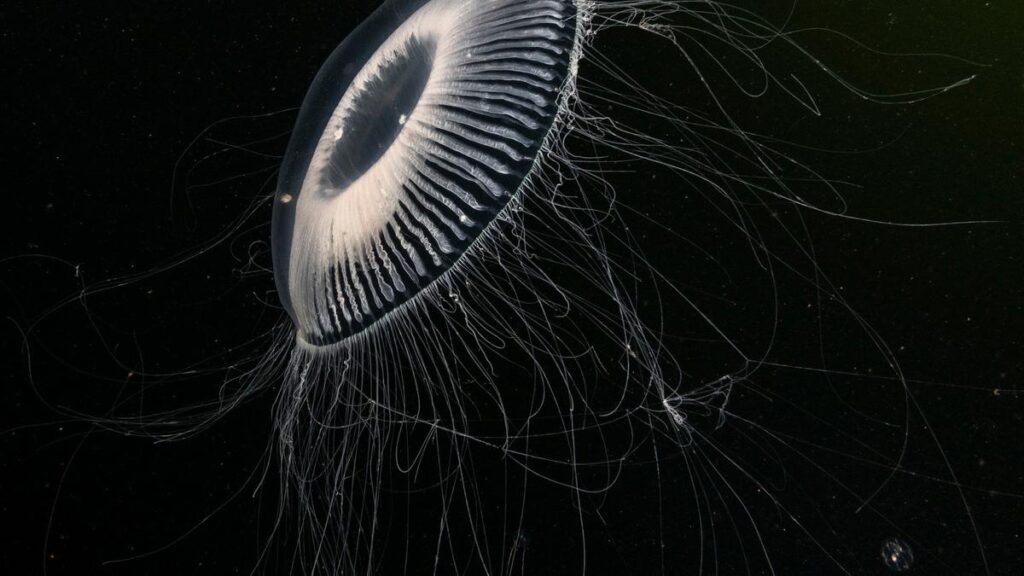
URGENT UPDATE: The Gravelines nuclear power plant in northern France has been forced to shut down due to an unexpected invasion of jellyfish. On August 12, 2025, just before midnight, a massive swarm clogged the plant’s seawater intake system, resulting in the automatic shutdown of four of its six reactors.
This incident has significant implications for the region’s energy supply, as each unit at Gravelines produces 900 megawatts of power. A fifth reactor followed suit hours later, compounding the disruption. The facility, located between Dunkirk and Calais, relies on the North Sea for cooling, and the jellyfish invasion has forced EDF (Électricité de France) to halt operations until the situation is resolved.
Fortunately, EDF confirmed that there is no threat to staff or the environment, as the jellyfish did not damage the pumps. However, the creatures need to be removed and filters cleaned before reactors can resume operation, which could take time.
Experts are raising alarms about the increasing frequency of jellyfish swarms in the area, attributing it to rising sea temperatures due to global warming and the spread of invasive species. Derek Wright, a marine biology consultant with the NOAA, commented on the situation, saying, “Jellyfish breed faster when water is warmer, and because areas like the North Sea are becoming warmer, the reproductive window is getting wider and wider.”
He emphasized the unintended consequences of heat pollution, stating, “Everyone talks about nuclear being clean, but we don’t think about the unintended consequences of heat pollution.” This incident marks a concerning trend for energy facilities worldwide as climate change continues to impact marine ecosystems.
As the situation develops, officials urge the public to stay informed. The immediate focus is on restoring power to the region as quickly as possible. Watch for updates as EDF works to address this unusual but significant incident.






